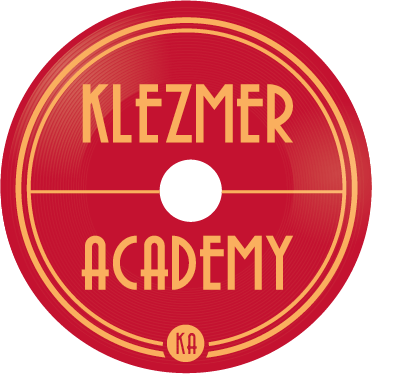That moment of creation opened a sluice gate. First as a trickle, eventually as a torrent, tunes poured out of me. I used to turn on a tape recorder, pick up an accordion, play a note against a chord and listen to where the frequencies pulled me. In our house in Brookline, back in the days before dishwashers got really quiet, our dishwasher used to drone along on a perfectly in tune D, making that lowly household machine a very effective composition tool. Occasionally, I would bring a tune to the band and we would play and even record it, but the vast majority of them sat in a looseleaf binder.
When the body count of these neglected tunes got too high (well over 150), I finally had to impose a ban on composing sessions. There seemed to be no point to allowing myself to create a lot of music that would forever go unheard. Occasionally a tune would make itself known to me in a way that could not be denied, but the stream slowed again to a trickle.
About 18 years ago, I decided that I needed to record myself playing them all so that I could hear them as more than just the sounds in my head and feel what it was like to move them through my body and consciousness. In order to do that, I first needed to figure out how to make Band in a Box, the wonderful auto-accompaniment program that I used, to sound more authentic. After three years of intensive work that helped me reach a much deeper understanding of how klezmer works, particularly rhythmically, I produced Klezmorim in a Kestl, a disk containing two sets of traditional klezmer styles and a fakebook of 100 classic tunes already arranged. The styles were quite fun to play along with, and I looked forward to getting all of my tunes recorded.
Then life got in the way. I carted that looseleaf binder around with me, back and forth to Hawaii year after year, figuring that the winter would be a great time to do the recording, but the project remained a perennial item on my to-do list.
I first met members of the Mazel Tov Kocktail Hour in 2011, and it quickly became clear to me that the group and I both wanted and needed to work together. The first fruit of that collaboration was Shoyn Avek Der Nekhtn, a recording I produced for them and had the honor of playing on for some of the tracks. When we began that project, I made them an offer they didn't refuse: in return for my producing it, would they be willing to help me get all my tunes recorded professionally before the arthritis in my right hand makes holding the clarinet impossible? They accepted with delight, and said arthritis put getting my tunes in order on the very top of the to-do list.
When I was in high school, I spent a couple of summers organizing a chamber music club among my equally nerdy friends. I'd go to the Chicago Public Library and borrow scores for trios and quartets and we would get together to play. I also spent a lot of hot days at the town pool followed by folk-singing sessions with another of my friends. Music and swimming -- the perfect summer.
And that's what I've had this year. For the past 6 weeks, I've honed and polished over 200 tunes and recorded them all with my Band in a Box styles, sharing them with my colleagues in preparation for spending this coming year working on getting them all recorded. It's been a wonderful time for me, spending hours each day playing, composing and listening, often after an early morning swim. How often is it possible to recapture a perfect time from one's youth?
So on this, my birthday, I am pleased to announce that by this time next year, we will have gone most of the way towards getting this massive pile of tunes, my creative legacy, recorded and made available for everyone to hear and use. I'm very excited about this (they're great tunes!) and hope that others will enjoy them as much as I do.


